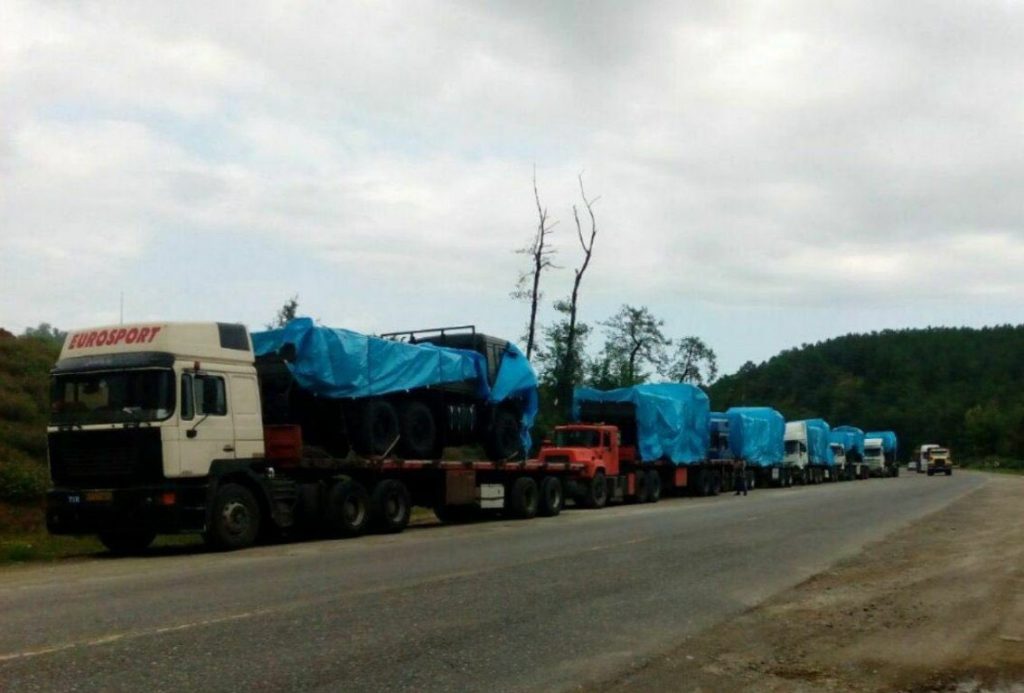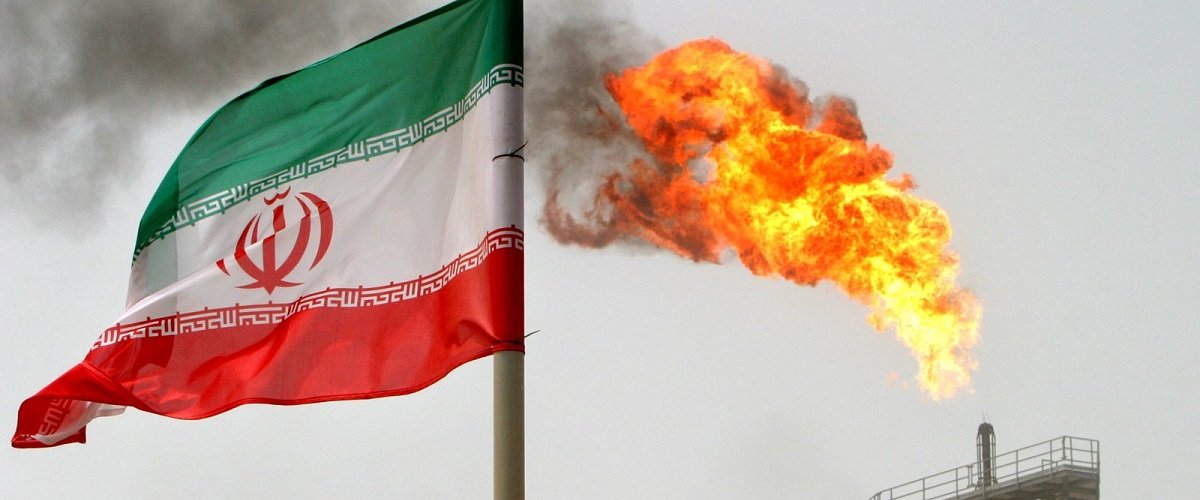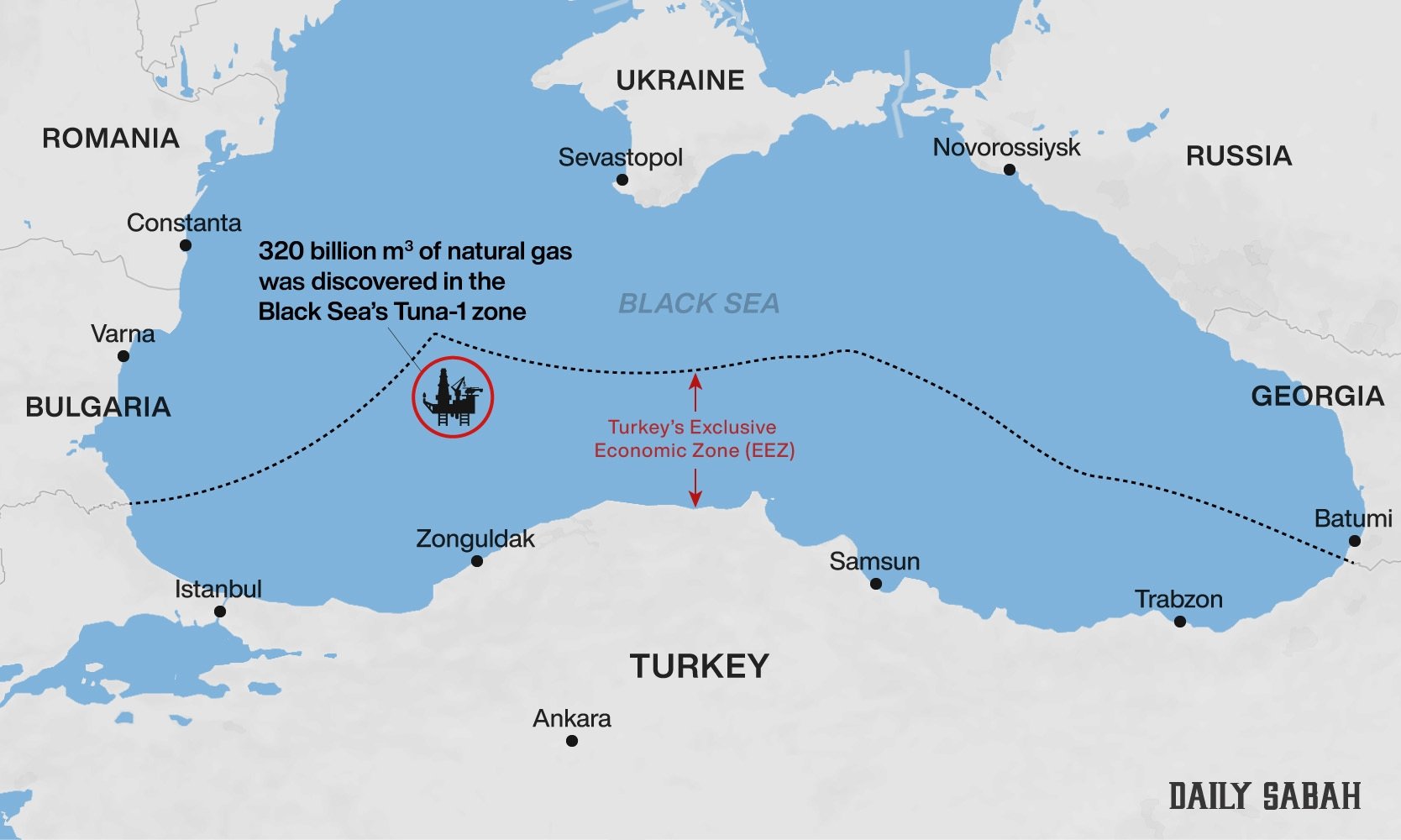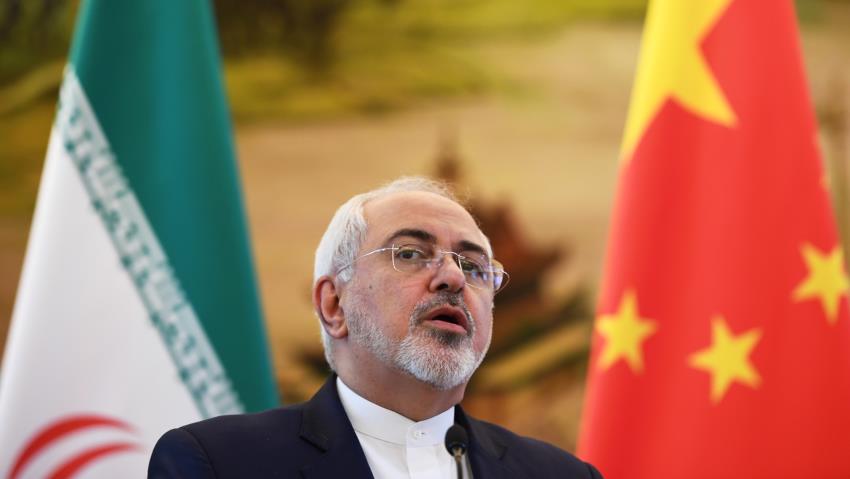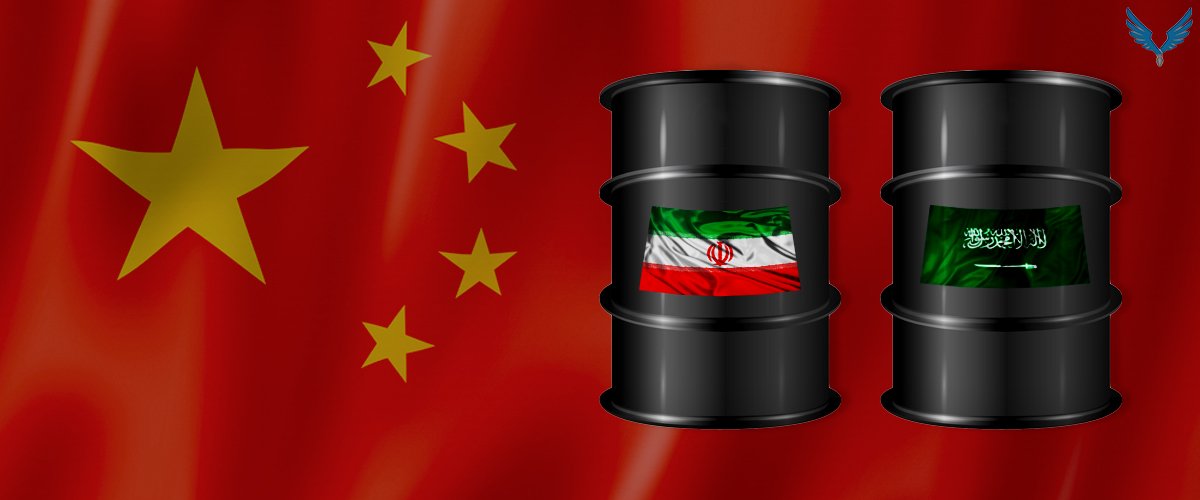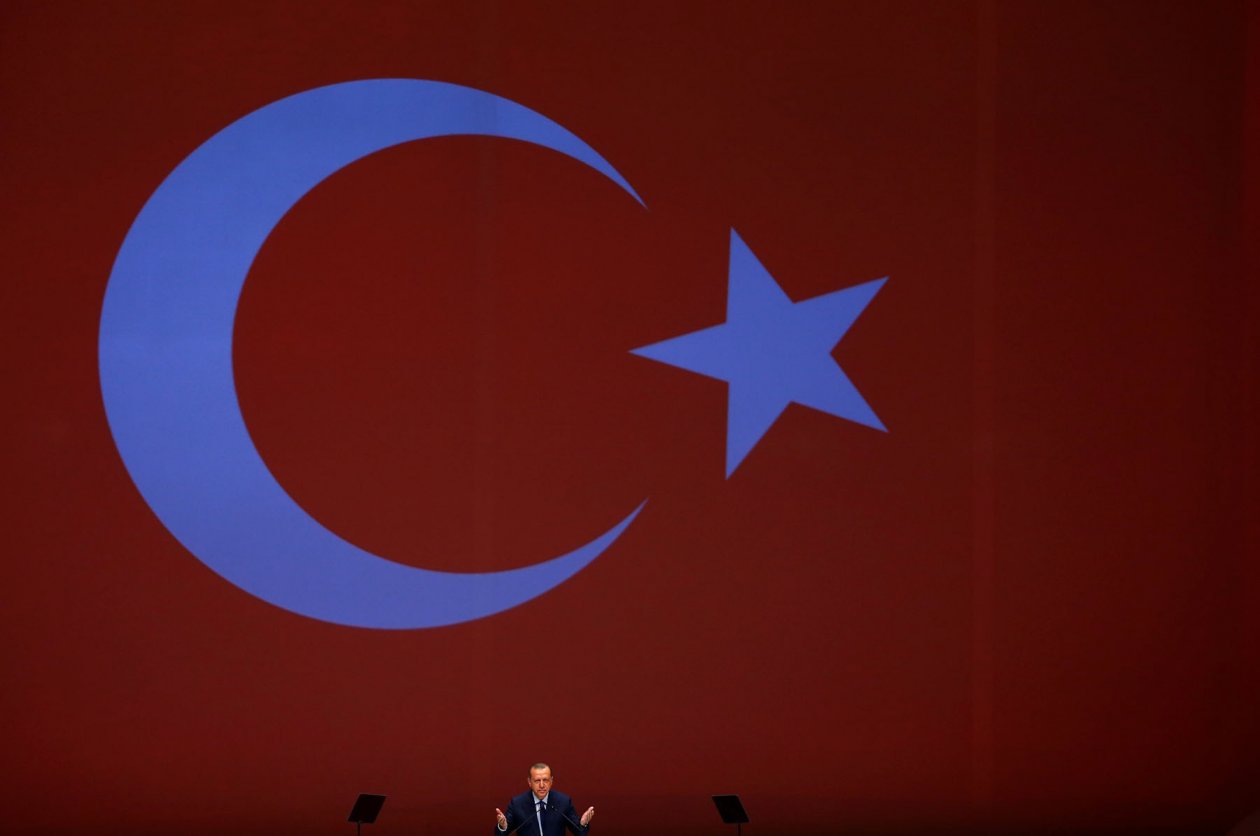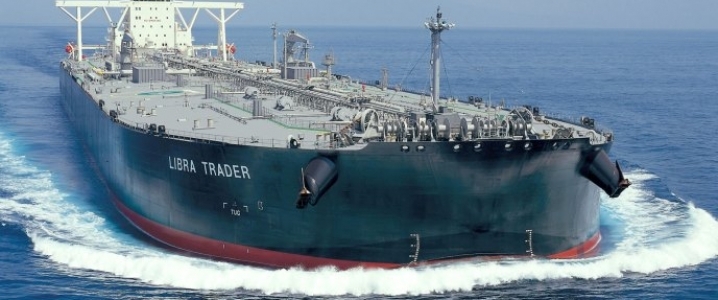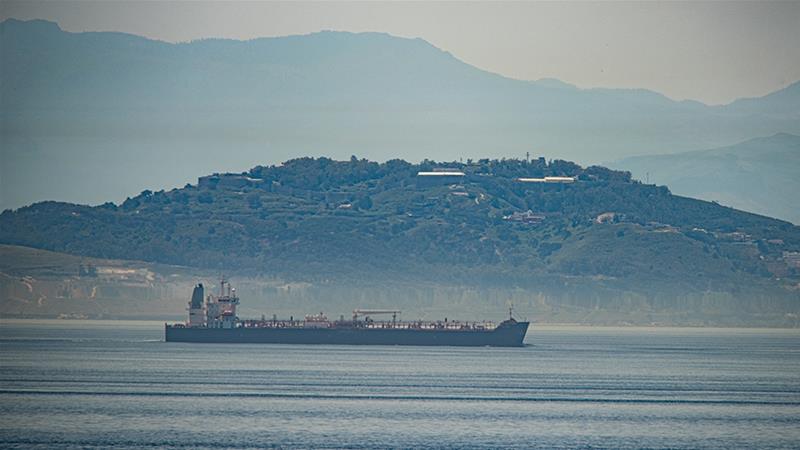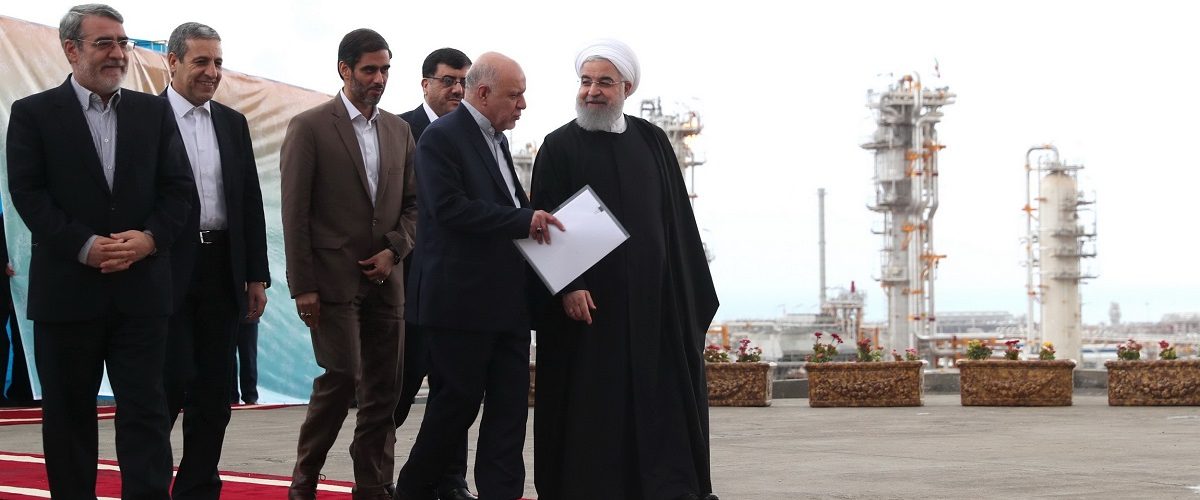The geopolitical and geo-economic impact of the three-decades-old Karabakh conflict on the stability of the broader South Caucasus is clear and broadly recognized. Given the importance of the South Caucasus as a transcontinental energy corridor, any intraregional instability or periodic flare-ups in violence there pose countless risks to the energy …
Read More »Can Iran Exploit Its Remaining Oil Wealth?
As the Islamic Republic continues to fall behind in the rapidly evolving global energy industry, will it ever be able to take advantage of what remains of its enormous oil and gas wealth? Since Iran’s Islamic Revolution of 1979, the country’s oil and gas sector has continuously suffered from sanctions, …
Read More »U.S. Presidential Election and Iran Oil Export
The upcoming U.S. presidential election presents a major political challenge for Iran’s economy, especially its energy sector and foreign exchange market. As the geopolitics of energy change, all developments directly impact the foreign policies of energy-producing and consuming countries. In the field of international relations, energy resources are sources of power, which if used …
Read More »Is Turkey’s New Gas Discovery in the Black Sea a Game Changer?
In mid-August, Turkey officially announced the discovery of a massive, 320-billion-cubic-meter (bcm) natural gas field in the Black Sea, in an exploration zone called “Tuna-1” (TRT World, August 21). The news was met with some skepticism from energy experts, notably in the Middle East (Arab News, August 24). Yet, if …
Read More »China and Iran’s Strategic Partnership: A Zero Sum Game?
Iran and China first announced a long-term 25-year strategic partnership in 2016, with a draft document of the accord reportedly approved last week. Cooperation between the two countries will include China’s financial and technological participation in major projects such as highways, railways, oil and gas fields, the tourism industry, information technology and …
Read More »Present and Potential Dynamics of China’s Energy Policy with Tehran and Riyadh
The continuation of sanctions and the reduction of Iran’s oil share in the world market have caused many problems for all sectors of Iran’s energy industry and economy, and it will see an increase in problems in most areas due to the Trump administration’s “maximum pressure” policy. Currently, the Iranian …
Read More »The Future of Iranian Natural Gas Exports to Turkey
Reducing dependence on Iranian gas will increase Turkey’s bargaining power in gas transactions. In practice, Iranian gas will not play a significant role in Turkey’s policies, which means that it can be easily removed from them and sanctioned. The diversification of energy resources is a fundamental principle of Turkey’s energy …
Read More »Iran Oil Exports Face a Tough Future even after the Coronavirus
Even before the coronavirus pandemic erupted, Iran’s oil exports were declining as a result of secondary US sanctions. Global oversupply amid a drastic drop in consumer demand, caused by the virus and its economic effects, will likely continue to depress Iranian exports for months to come. Prior to the US …
Read More »The Geopolitics of Iran’s Fuel Shipments to Venezuela
The US withdrawal from the Iran nuclear deal and sanctions on oil exports in 2018 have made the situation for Iran’s oil industry even more precarious. But US efforts to reduce Iran’s oil exports to zero have caused Tehran to sell oil in the grey market, or by using a third country. Despite the …
Read More »Challenges Facing Iran in Natural Gas Exports During the Post-Coronavirus Era
The global gas and liquefied natural gas (LNG) market is currently witnessing an increase in the number of new manufacturers and an increase in the geopolitical importance of this product. Given that the share of natural gas in a country’s energy portfolio will increase by 2040, countries with natural gas …
Read More »
